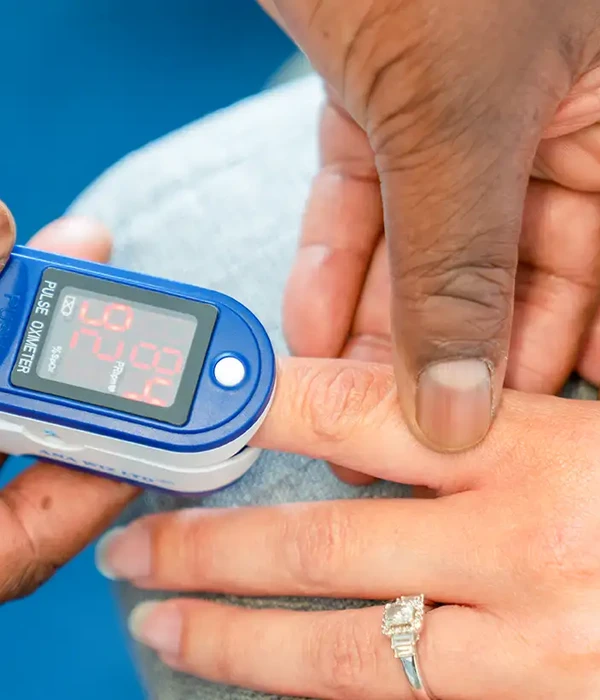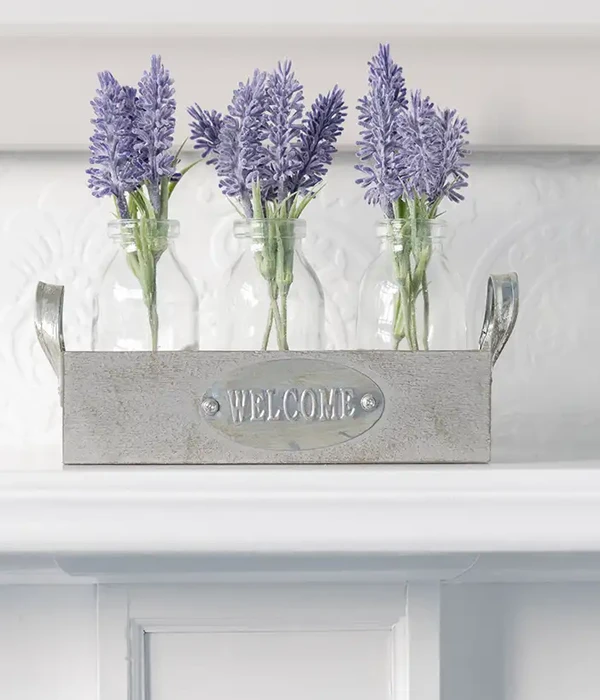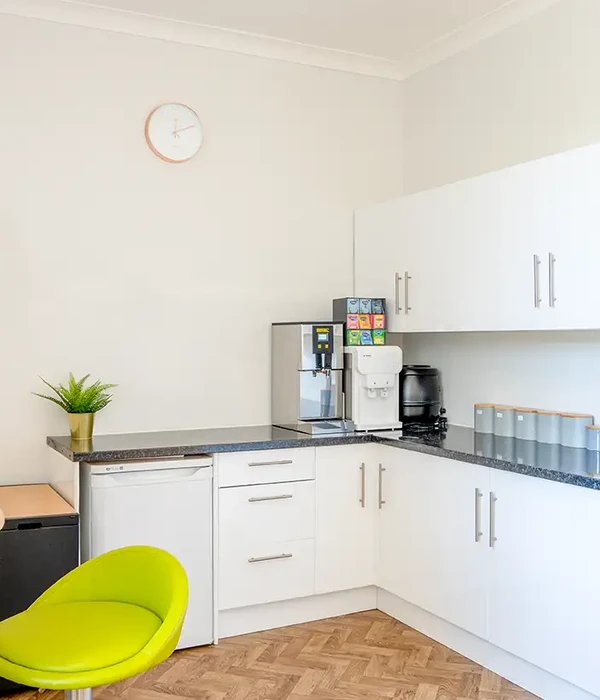Relationship Counselling
Relationship counselling helps you and your partner understand each other better, improve your communication, and find solutions to problems you may be facing together. Many couples find that, when things get tough, having a qualified counsellor to talk with in a safe and non-judgmental space makes a real difference.
You do not have to wait until things are falling apart before seeking help. Whether you are dealing with relationship difficulties like ongoing arguments, trust issues, or just want to reconnect, counselling offers support for all types of relationships. Skilled professionals offer both in-person and online sessions, making it easier to access help when you need it most.

Take the First Step Towards Recovery
Steps Together offers personalised support and proven treatments, providing the care, guidance and encouragement you need to move forward with confidence and build a healthier future.

What Is Relationship Counselling?
In relationship counselling, you and, if you choose, your partner or family member meet with a trained therapist. Sessions may be one-on-one, as a couple, or as a group, depending on your situation and needs. It is useful whether you are facing specific issues or simply wanting to strengthen your relationships.
You may use exercises or guided discussions to learn new ways to talk and listen. This type of outpatient counselling can address problems like communication breakdown, lack of trust, frequent arguments, jealousy, intimacy issues, or major changes in your life. The goal is for you to understand each other better and learn practical skills to manage conflict or emotional distress.
Who Can Benefit from Relationship Counselling
Anyone can benefit from relationship counselling. Couples, families, friends, or even individuals struggling with mental health problems in their personal relationships often find value in these sessions. You do not need to be in crisis to seek help; many go to couples therapy to grow closer, prevent small problems from turning into big ones, or adjust to life changes.
Common reasons people see a relationship counsellor include arguments, misunderstandings, parenting struggles, trust issues, or life transitions like moving or losing a job. Parents and children, siblings, friends, or colleagues can all use these services if they want to improve how they interact.


The Role of the Therapist
The relationship therapist acts as a neutral guide during your sessions. They do not take sides or judge either person. Instead, their role is to help both of you feel heard and respected, to help you understand each other’s views more clearly.
A therapist uses questions, exercises, and active listening skills to keep conversations on track. They create a supportive environment in counselling sessions where sensitive topics can be discussed safely. Sometimes, a therapist will give practical advice or suggest homework to practise between sessions.
Types of Relationship Counselling Services
Relationship therapy sessions can help you address concerns on your own, with a partner, or with your family. Each type uses different strategies tailored to your situation, so you get support that matches your needs.
Individual Counselling for Relationship Issues
Individual counselling gives you a private space to talk about personal worries linked to your relationships. These sessions are focused on your feelings, patterns of behaviour, and how you respond to challenges with others. This service is helpful if you feel stuck, want to understand your role in conflicts, or need help processing a break-up.
Your counsellor helps you look at your beliefs about trust, communication, and boundaries. You can work on goals such as boosting your self-esteem or learning new ways to manage stress from relationships. The focus is on helping you find practical steps for change.
Couples Counselling
Couples counselling is for two people in a relationship who want to improve understanding, manage conflict, and rebuild trust. Trained counsellors offer a neutral environment where you both can express how you feel and what you need. These sessions often include learning new ways to communicate, problem-solve, and listen with empathy.
Counsellors guide you through exercises to develop respect and compromise. They may assign practical homework, such as practising active listening at home. Couples counselling is helpful with ongoing arguments, loss of intimacy, and rebuilding after breaches of trust.
Premarital Counselling
Premarital counselling is a type of therapy designed to help couples prepare for marriage and build a strong foundation for their future together. It focuses on communication, conflict resolution, financial planning, and setting mutual goals and expectations.
By addressing potential challenges early, couples can strengthen their emotional connection and reduce the risk of misunderstandings or conflict in their future marriage. Premarital counselling provides a safe space to explore values, beliefs, and roles, helping couples enter marriage with clarity, confidence, and a stronger foundation as a unit.
Family Counselling
Family counselling involves two or more family members who want to build healthier relationships or process shared difficulties. In these sessions, the focus is on patterns of interaction and improving the way your family communicates and solves problems.
Approaches like systemic family therapy look at how family roles and history contribute to current issues. The counsellor may use activities or guided discussions so each person can share their views and feel heard. You work together to set goals, such as managing rules at home, dealing with changes, or supporting each other after a major event.
Other Outpatient counselling services we offer

Addressing Intimacy and Sexual Challenges
Feeling disconnected from your partner, struggling with intimacy, or dealing with sexual concerns can create distance in relationships. With focused support, you can address both emotional and physical issues, working towards a stronger and more satisfying connection.
Sex therapy can help you and your partner talk openly about sexual challenges like mismatched libidos, arousal difficulties, or anxiety during intimacy. During sessions, you may explore communication techniques and learn methods to build trust. Couples often work on exercises that focus on emotional closeness as well as intimacy.
Support for Compulsive Sexual Behaviour
Compulsive sexual behaviour disorder (CSBD), sometimes called hypersexuality, means you might feel unable to control sexual thoughts or actions. This can cause stress, secrecy, or harm to your relationship.
Counselling helps you look at patterns and triggers connected to this behaviour. You and your counsellor work together to set healthy boundaries and talk about any feelings of guilt or shame. In many cases, therapy also covers related issues like anxiety, depression, or past trauma.

Relationship Counselling for Children and Young People
Relationship counselling helps individuals and couples address issues that affect children and young people at home or in their daily lives, such as changes in the family or problems with friendships and school. With the right support, children and young people can better cope with challenges and build stronger relationships.
Children’s counselling within families focuses on helping your child express and understand their feelings during family difficulties. This may include events like divorce, separation, or moving into a blended family. Counsellors use simple language and creative techniques, such as drawing or games, so children feel comfortable sharing their thoughts.
Young people’s counselling supports individuals who are facing concerns like stress, depression, or difficulties with parents, friends, or school. If you are a teenager or young adult, you may benefit from speaking to a professional who listens without judgement. Sessions are private, so you can talk openly about what is happening in your life.
Improving Communication and Self-Esteem
In outpatient treatment, you learn how to communicate to reduce misunderstandings and build trust with others. Supporting your self-esteem lets you feel more confident in your relationships and improves your ability to handle conflict and express your needs.
Building Healthy Communication Skills
Good communication skills are the foundation of strong, respectful relationships. Listening actively, asking questions, and giving feedback are each important steps. Practising these skills can help you share your feelings, explain your thoughts, and better understand the person you are speaking with.
Counselling often gives you a safe setting to practise and develop these habits. Over time, your new communication skills can lead to healthier and more honest connections with friends, family, or partners.
Setting Healthy Boundaries
Counselling can help you and your partner set healthy boundaries in your relationship. This is essential for maintaining respect, trust, and emotional wellbeing. Boundaries help each partner communicate their needs, values, and limits clearly, reducing misunderstandings and preventing resentment.
They allow for individuality within the relationship, encouraging both personal growth and mutual support. Healthy boundaries also protect against codependency and emotional exhaustion by defining what is acceptable and what isn’t. When both people feel safe and respected in the relationship, it becomes more balanced, open, and fulfilling for everyone involved.
Enhancing Self-Esteem in Relationships
Your self-esteem strongly shapes how you interact with others. If you value yourself, you are more likely to set healthy boundaries, trust your feelings, and accept support. Low self-esteem, on the other hand, can lead to negative thinking, jealousy, or difficulty in trusting people.
Counselling can help you notice and change these unhelpful patterns, which builds your self-worth. Techniques such as positive self-talk, setting realistic goals, and focusing on strengths allow you to see yourself in a more balanced way.

Therapy Can Improve Your Relationship
Relationship problems can tear people apart, and they can make strangers out of people who care about each other. Sometimes, these problems are small issues that could be handled with clear communication. Other times, it’s a larger issue that will require professional guidance to overcome.
Regardless, these issues do not have to be the end of your relationship. With relationship counselling from Steps Together, you can address issues in your relationship, reconnect with your partner, and potentially deepen your bond.
Frequently Asked Questions
What are the common approaches used in relationship counselling?
You may experience different methods during sessions, including talking therapies, communication exercises, and conflict resolution techniques. Therapists often use evidence-based approaches such as Cognitive Behavioural Therapy (CBT).
What options are available for free relationship counselling?
You can sometimes find free or low-cost counsellors through local charities, community services, or faith-based organisations. Some wellbeing centres and helplines also offer confidential support at no charge.
Can relationship counselling help in resolving issues of infidelity?
Counselling can offer a safe environment to talk about infidelity. You may explore what led to the situation, rebuild trust, and decide the future of your relationship. A trained counsellor can help both partners communicate honestly, manage emotions, and set healthy boundaries as you work through the impact together.
How can one access relationship counselling services through the NHS?
Relationship counselling is not always available as a standard NHS service. However, you may be able to get support through your GP, who can provide information or refer you to local services.
Which criteria should be considered when choosing a relationship counsellor?
Look for counsellors who are registered with recognised professional bodies. It is important to check their qualifications and experience with couples or family relationships. Consider their approach, availability, and whether you feel comfortable with them.
How does couples therapy differ from individual therapy in its methods and outcomes?
Couples therapy focuses on the dynamics between both partners, not just one person’s feelings or behaviour. Sessions aim to improve communication, solve shared problems, and build understanding between you. The main outcome is often improved relationship health and satisfaction for both of you.





